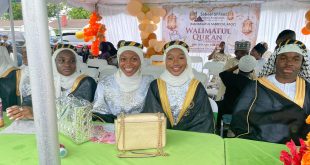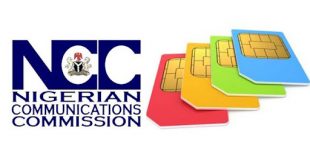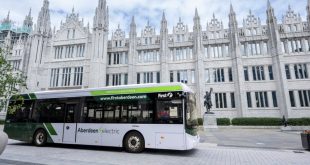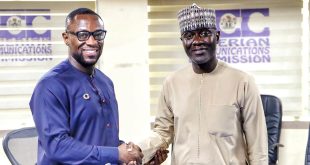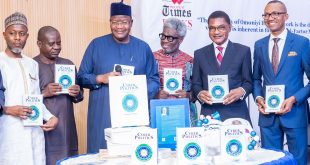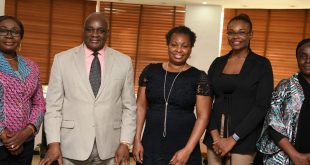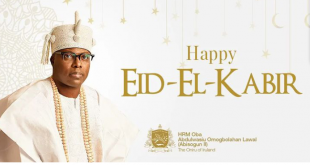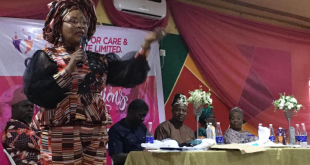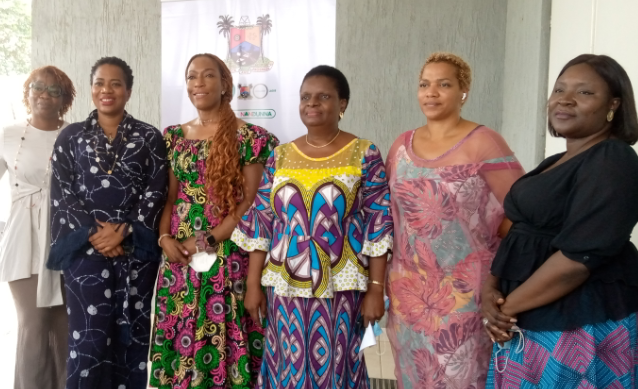
As Lagos’ population grows daily with a couple of environmental and socio-economic challenges like global warming, climate change, health challenges etc., it has become expedient to consider alternative means of ensuring economic and environmental sustainability for Lagos State and this is why, last Friday, experts converged to chart the course on how best the state can attain a circular economy and environmental resilience at a stakeholder engagement session convened by The Lagos State Government, through the Ministry of The Environment & Water Resources, pioneered by one of its agencies – Lagos State Environmental Protection Agency (LASEPA) and the Ministry of Economic Planning & Budget, pioneered by one of its offices – Lagos State Resilience Office (LASRO) and anchored by the implementing consultant, Nondunna Ltd.
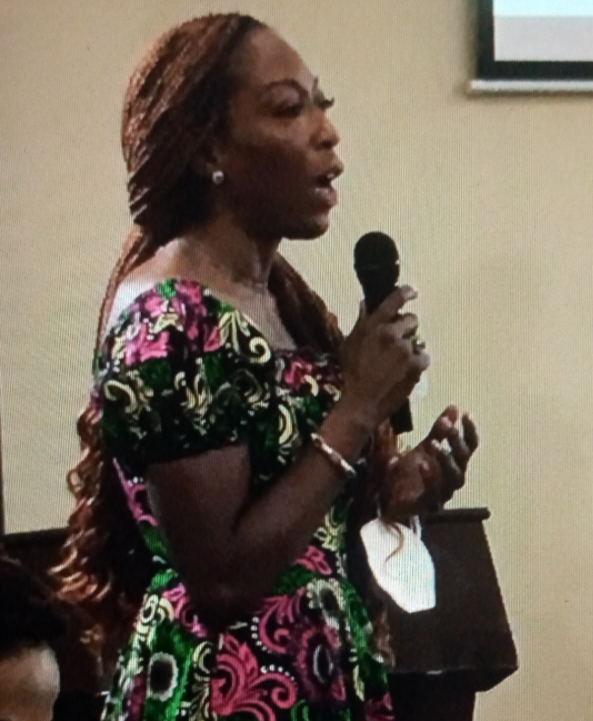
Going by the global population trends in the 21st century, there is increased migration from rural to urban areas of the world and rapid population growth in urban centres which invariably is leading to the upsurge of waste generation across the city.
According to the United Nations in its “World Population Prospects: The 2015 Revision, Key Findings and Advance Tables” publication, Nigeria, with a population of 182.2 million people, generates 43.2 million tonnes of waste annually and by 2025 with a population of 233.5 million (according to populationpyramid.net figure), the country is expected to be generating an estimated 72.46 million tonnes of waste annually at a projected rate of 0.85 kg of waste/capita/day.
If that is the projection for Nigeria, one can only wonder what the waste statistics will be for Lagos, the nation’s commercial center’s with current population of over 25 million by 2025.
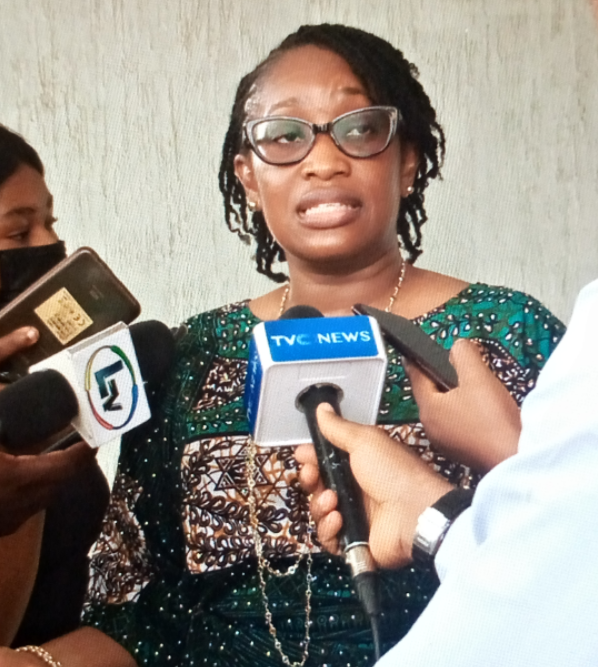
Therefore, to migrate the state from a linear economy – otherwise known as the take-make-dispose extractive industrial model, the state government in conjunction with experts is leaving no stone unturned to embrace an economy that uses a systems-focused approach and involves industrial processes and economic activities that are restorative or regenerative by design. This will enable resources used in various processes and activities to maintain their highest value and ensure that they are recycled and reused. With the circular economy, the government of Lagos state aims to eliminate waste through the superior design of materials, products, and systems (including business models). It will involve reduced material use, redesign of materials to be less resource-intensive, and recapture of “waste” as a resource to manufacture new materials and products.
Speaking at a stakeholders’ engagement to discuss and facilitate transition into circular economy in an environmentally friendly and resilient society, the General Manager, Lagos State Environmental Protection Agency, Dr Dolapo Fasawe and the Chief Resilience Officer, Lagos State Resilience Office, (LASRO), Folayinka Dania, said that efforts are on top gear to ensure that about 14,000 tonnes of waste generated daily in Lagos are put into good use.
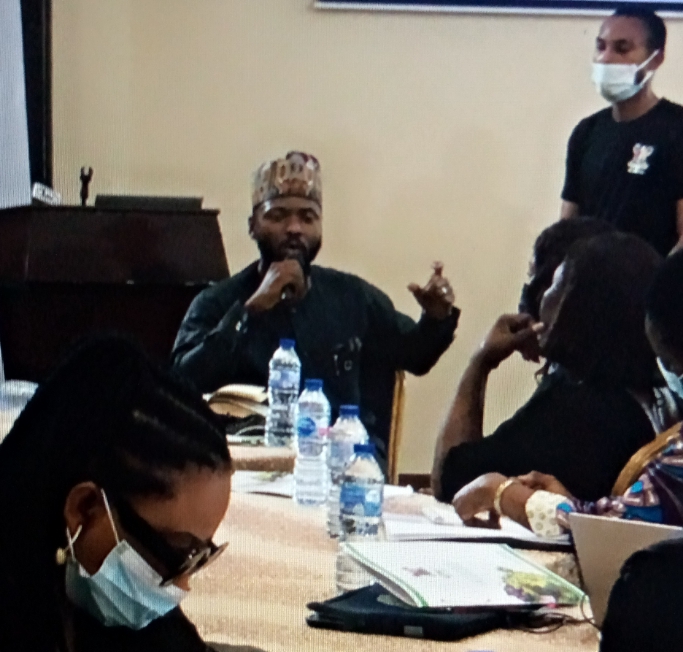
The experts who spoke on the theme of the stakeholders’ engagement titled: “Facilitating the Transition into Circular Economy and the Building of an Environmentally Resilient Lagos State”, said that plastic is not a totally bad product but the improper disposal of it is what causes the harm to our environment as we are experiencing today.
According to Dr. Fasawe, Nigeria is accustomed to a linear economy, which she described as one way, and that a circular economy would allow everyone to put everything to good use by ensuring that waste is not wasted.
She said: “It is an economy where, from conception, you’re already thinking about sustainability, and you want to know what your end-product would be. Plastic is not totally a bad thing, but when it is not properly disposed of, it clogs our drainage system and causes flooding. So, we are saying when you use plastic, reuse it, and recycle it. You can use it up to ten times, and there are off-takers in this country; if you need a list, come to LASEPA. “
On her part, Dr. Dania said the circular economy is about reducing waste to the barest minimum. She said that the program is around mobilizing stakeholders to key into the state’s agenda on circular economy because it is not something the government can do alone.
“All stakeholders must be involved in this process and this program is about facilitating that transition, telling people what it is we plan to do as a state and getting their insights and contributions on how the state can do this better and ways that we can work together.
“What we are trying to do is tilted towards ensuring that no waste gets to a dumpsite but as it is first things first, we are saying can we reduce plastic waste which would reduce waste in landfills, flooding and some emissions that goes into the atmosphere from burning of these plastics and overall a clean air for the city and a healthy living environment for all.
“We have launched an Eko Circular podcast to educate people on circular economy and what they can do. We have equally launched a Lagos circular challenge which is supposed to help people think about how they can help Lagos to become more environmentally friendly in terms of reducing waste,” she said.
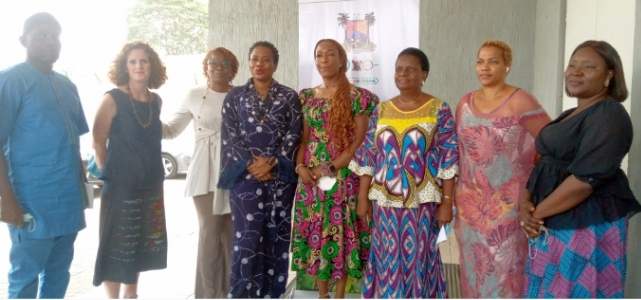
On her part, the Executive Director, Nondunna Limited, Ms. Nonny Ugboma, said there is huge potential in embracing a circular economy, saying scavengers in Lagos dumpsites are making a living just by sorting out reusable items from waste and selling them.
According to her, Lagos, with a population of over 20 million, is the right place to promote circularity, saying millions of Naira worth of waste materials that can be used as raw materials for other products are being wasted because they are being discarded in a linear manner.
She said: “Essentially, our focus is on four deliverables- we are embarking on producing a circularity gap report by working with different agencies; we will also produce some contents that will be leveraged to educate, inform and call residence to action to enable the facilitaion of collaborations across the state. Also, we are developing a dashboard that would serve as a platform to curate and provide data on circular economy in Lagos to the private sector, public sector, individuals and the community.”
The consultant said that her firm will also seek out new initiatives that can be implemented for the state.
We have been called upon to work on the project of facilitating circular economy and resilience in Lagos State. Lagos state is already ahead of the game when it comes to promoting circular economy popularity. What we are doing is to facilitate the integration of different things that are happening in the circular economy space and environmental resilience space.”
 The Story Your path to the story
The Story Your path to the story

